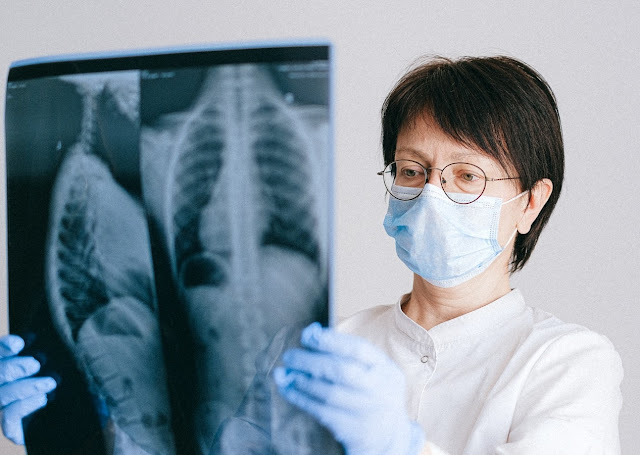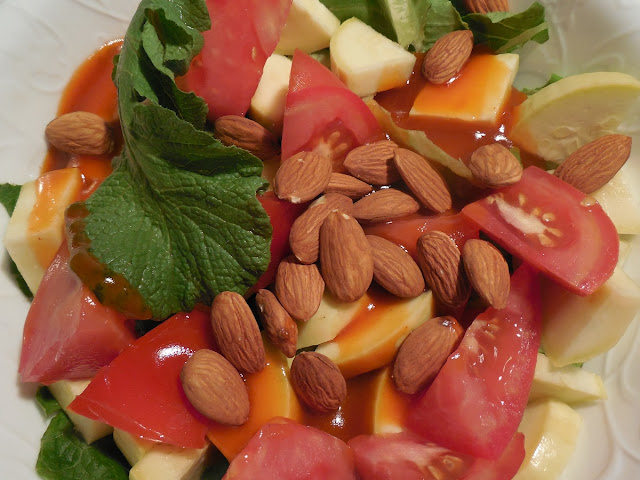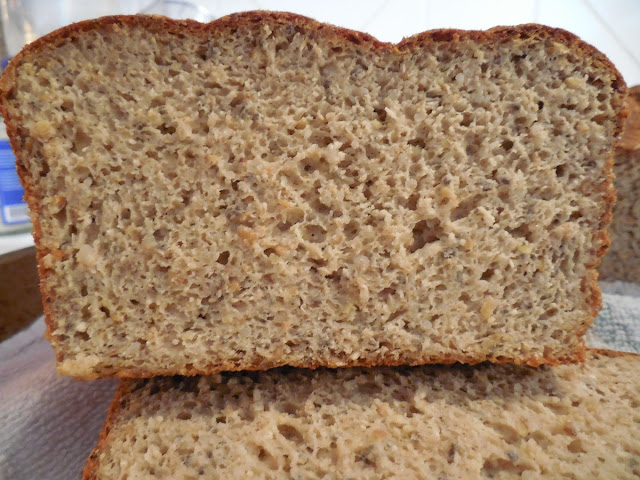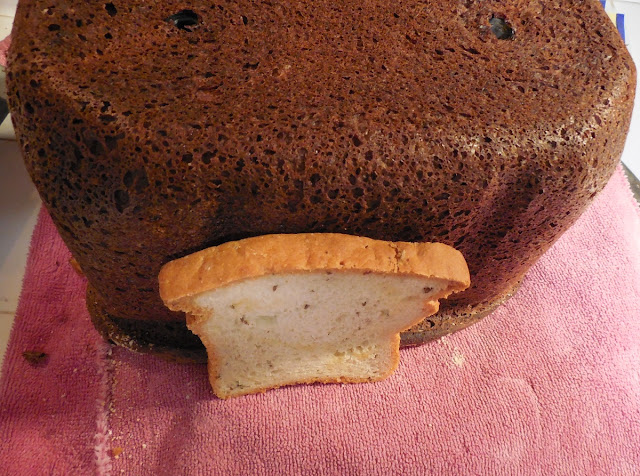Essential How-To's for the Newly Diagnosed Celiac
You've been to the big websites for Celiac, and you've decided, for your best healing, you're going to be strictly gluten free. Great! But how do you do that? This page is a collection of guides to help get off to a good start. From kitchen restart to teaching yourself cooking, it's here. Drop me a line if you have suggestions.
Shopping
Shopping becomes much more complex on a gluten free diet. I wrote a general shopping guide for caregivers and those new to gluten free, so you know what you're buying will be useful, for the Celiac in your life (or yourself). I've added many pantry items to an Amazon Wish List which you can use to get started with a few staples. Feel free to donate these items to a food shelf, as your budget may allow, also.
Here's my guide to food labels on produce items (such as organic, non GMO, etc). Those are often naturally gluten free, but the labeling can still be confusing.
I also went to an Indian food market recently, and was pleasantly surprised that many gluten free staples were also available in organic form. Here's my guide to visiting an ethnic market to help save a little money on the gluten free diet.
If you are or know a senior citizen who requires a gluten free diet, you might want to read my discussion on why Celiac disease and the gluten free diet is even more of an urgent need in later life. Included are some ideas for how to make it happen.
One food that can be hard to find is an organic healthy oil. The definition of "healthy" varies from "low unsaturated fat / low PUFA" to "low saturated fat" to "high oleic" but that distinction is quite separate from the sourcing and handling of the oil, which is best protected by the Organic label. Also, olive oil scams are real and they're especially risky for people with food allergies. This article mentions some labels used to designate reliable olive oils.
Spices can be contaminated with gluten containing ingredients without warning either through cross contact at the manufacturing plant or via fillers. Here's my resource for untangling gluten free spice claims.
Cooking
Some people are no longer Cooking for themselves. But along comes Celiac and it makes buying a meal in a restaurant a minefield of cross contamination, and buying packaged foods an exercise in brand loyalty and trust. So many Celiacs rediscover cooking and wonder "How do I learn if I didn't when I was a kid?" Here's my guide for learning to cook. This guide is for cooking on the go, I wrote it while I was staying in an efficiency hotel room.Gluten Free Flours
Gluten Free Flour is a whole new world, and I prefer to treat it as an adventure rather than a challenge. A wise man (or is it wise guy?) once told me that he used to look for challenges. But his life became challenging. So now he looks for adventures. This is my gluten free flour tips article to help you see gluten free flour as more of an adventure than a challenge. Even more detail is found in a later article about the difference between sweet rice flour, long grain rice flour and how come "cooked" grains don't give the same benefit to baking as raw. Technical, but interesting.Considering buying a bread machine? Great! Here's what I learned when I did that.
Eating Liver
Want more Liver in your diet but don't know how? Afraid it will be expensive and then taste bad anyway? This is my guide for how to safely store and prepare liver. This eating habit really helped me out, I was having a lot of pain in my upper right abdomen and it wasn't my gallbladder. It went away once I started doing this. OK, one person's story, but it's one I've heard a lot from others.Eating Beans
Beans bothering you? But you want to reduce meat in your diet? People choose to eat beans for many reasons, meatless protein, gut health, or just because they like them. I'm the latter, I simply like them. Here's my guide for how to get them back.
Doing some Gardening
Want to do some Gardening? Many people with health in mind, turn to home gardening as a means of having the satisfaction of growing something, and the joy of knowing where your food is coming from. Here's my collection of gardening ideas to help you find an idea you like.Being 'Glutened'
What does being Glutened feel like for someone who has severe symptoms? Here's my description from a time when I was severely glutened. There are some spelling and grammar mistakes that I've deliberately left so you can see how it affects my mind. Everyone's experience may be different, and some have "silent" Celiac with no symptoms, especially men. There's no such thing as "a little" gluten for someone with Celiac. The disease is either triggered or it isn't.If you are glutened, do try to figure out what did it and look for any "facial misbranding" that may have occurred. Misbranding happens when the label says it's gluten free, but it's not. It's common in soy sauce, sausages, and ethnic foods, among other things. This is how you report misbranding: https://miglutenfreegal.com/2019/01/23/facial-misbranding-how-to-report-it/ The website, Gluten Free Watchdog often publishes information about misbranding and other labeling problems. Note that in the example given in the link, the item is a sausage and is regulated by the USDA, hence the response from USDA. The FDA still sets the standard, but in this case the USDA is the regulating agency.
Vitamins and Over the Counter Drugs
Sometimes you have a cold or you feel better if you take some vitamins. It can be risky to do that with Celiac Disease since many fillers can be derived from gluten grains or they may be tainted with just enough gluten to cause a reaction. I described how a health crash was made worse by this effect and at the end of the article are some resources for gluten free cold medicines and vitamins.
Ketogenic Diet Series
I have a series on the Ketogenic Diet in case someone is thinking of trying it. It was the first diet that really helped me to feel better, before I knew Celiac was the bigger problem.It's advisable to wait until after your first year of gluten free to begin the Keto diet or any other restrictive diet. A Celiac's body has a hard time absorbing nutrition from food, so any unnecessary restriction should be avoided, it's common sense. If you're allergic to milk or eggs, it will be difficult to follow a keto diet, but not impossible. Do what's right for you.
Healthy Diets You Might Try
Looking for some Healthy Diets to upgrade your nutrition? For the moment, read all, and just think about it. Focus on 100% real food. As in, no packages. Don't try to do it all at once. Add one skill at a time and it will be manageable. The rule you can't break is, you can't have gluten. Everything else is an upgrade. Here are some ideas.Learn to make your own yogurt/ kefir for breakfast. A kit from Cultures of Health isn't that expensive, and you take less risk from additives. Choose a cutlet for a sandwich instead of a slice of lunch meat (which usually contains Transglutaminase and is therefore iffy for Coeliacs). Make your own dips like hummus or sour cream and onion. Make a batch of your own flatbread, then bake it to turn it into chips. Every step you take toward real food and away from additives will help.
The no flour strategy: Try to reduce the number of items you eat that come from flour, even gluten free flour. Not only are they expensive, but the risk of cross contamination with gluten is higher. You don't have to 100% give it up, but limit it to a couple of times a week. Buy whole quinoa or millet, and grind it fine at home, then make a flatbread, or make 100% cornmeal cornbread from organic masa flour (not really a flour). You reduce the possibility of cross contamination, from milling, this way.
I don't like to tell people who have nutritional absorption problems to limit their diet, so I don't recommend the Paleo (no grains, no dairy. no legumes) diet for people just starting out. You can add it later after you're healed.
Another reason I avoid the common advice to "Go Paleo" while healing, is because there comes a point, a few weeks into healing, that the body realizes that it can absorb nutrients again. Usually that's followed by volcanic hunger that's actually driven by your deficiencies. These are often mineral deficiencies and rice, along with other grains, is extremely good at concentrating minerals, as long as it's whole grain (for better or worse). If you get a craving while healing, I think it's important to follow it.
But listen to your body. If it's telling you Paleo is right, then go for it. The most important thing isn't my advice, it's how you feel.
Has it been more than a year since you became gluten free? And now you're ready to tackle something more complex? Need to lose weight or gain it? Do you have a neurological illness that may benefit from a keto diet? Or are you curious how a Paleo diet works? Here's my guide to various healthy diets that are popular right now, with my usual insight and opinions.
Resources on subjects I haven't covered:
Cleaning your kitchen to remove gluten residues that can cross contaminate. To be honest NONE of the guides on this subject go far enough. For instance, few if any mention you need to clean out your dishwasher, the filter, and the spinner (which often can be removed and taken apart for cleaning). Too many will say "you don't have to get rid of X, unless X is scratched." Which was the reason I didn't throw away my old Tupperware until several months later when I traced the CC to the plastic-ware. When in doubt, clean it out.
Social Isolation in Celiac Disease can be painful. You're constantly telling people "no I can't eat just the salad" "no I can't just eat the icing from the cake" "no I can't eat at a restaurant that may cross contaminate" etc. They feel rejected and defensive and you feel disrespected and frustrated. Insensitive people even make fun of food sensitivities, and my life is already hard enough without schooling them too. So the best solution for me, is to avidly support those businesses that I know are safe, and especially those who maintain a fully gluten free kitchen. I invite my friends to go there with me, instead of try to find something acceptable in a random restaurant. And don't forget to invite people to your home for a gluten free pizza party and a movie. Much safer and more fun! Be sure to put effort into maintaining social contacts after diagnosis.
There's a lot of interest locally about making your own gluten free sourdough bread, this is the best online resource I've found. If you want to try some professionally made gluten free sourdough, get in touch with Millefiori Bakery.
If you're more of a reader and book collector, then this book about sourdough baking gluten free, is worth it: https://www.amazon.com/Promise-Fulfillment-formulas-without-gluten/dp/0648554902/ Promise and Fulfillment by Chris Stafferton Published July 1, 2019 Miliaceum Press ISBN-13 : 978-0648554905





